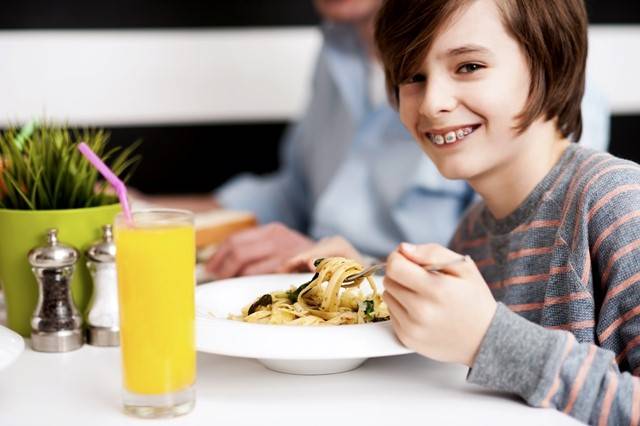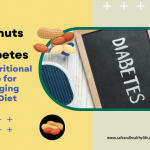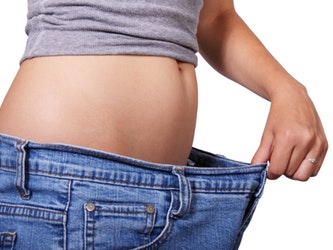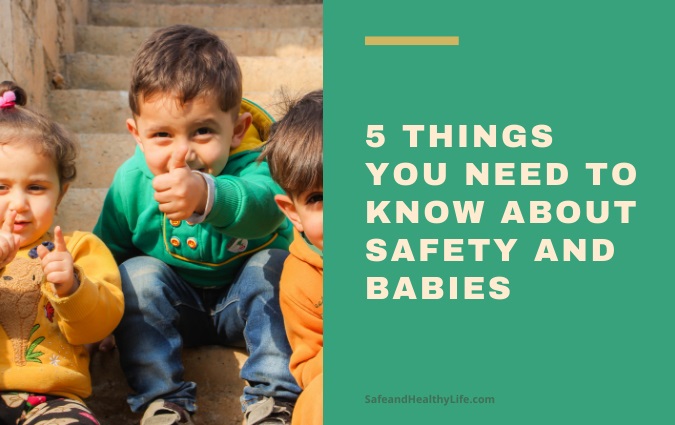
Injuries are among the leading causes for children needing medical attention, as well as abnormal growth, or even deaths. Thankfully, most injuries are preventable if parents are careful enough.
If you’re expecting a baby or you already have one in your home, you will want to give them a safe start by understanding the commonest household injuries and how to prevent them.
1. Choking Hazards
Your baby will explore their immediate environment, and before you know it they’ll already have stuffed objects into their mouth.
To prevent this, never leave small objects within your child’s reach, including balloons, button batteries, sharp objects like needles and nails, as well as refrigerator magnets.
- Hard pieces of foods, such as carrots and popcorn, can also choke your baby; it’s, therefore, advisable to feed babies mashed food or foodstuff that’s already cut into tiny pieces
- Never allow other people to feed your baby unless you’re sure that they can handle the task flawlessly
- It is also not uncommon for babies to choke or pass away from Sudden Infant Death Syndrome (SIDS) when sleeping; your baby should always sleep on their back to prevent possible suffocation
- Your baby needs to have a bassinet or crib without pillows and light bedding. Soft bedding materials can potentially cover your baby’s face and nose and consequently restrict airflow.
2. Smoke-Related Dangers
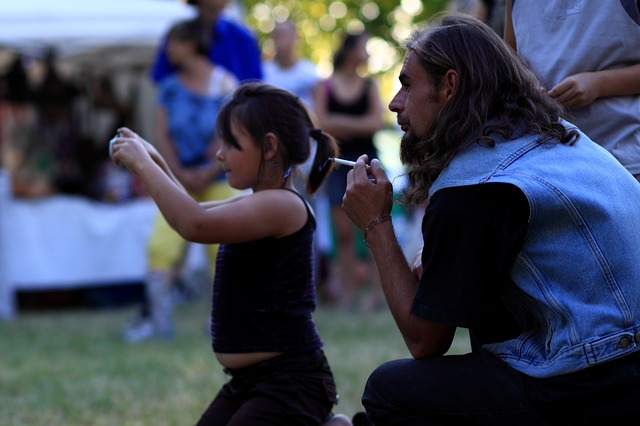
Photo Credit: Pixabay
Smoke, whether from cigarettes, candles, or your kitchen is more dangerous to infants than it is to adults. Your child may develop breathing complications, coughing, asthma, eye, and ear infections, or even sudden infant death syndrome from smoke exposure.
- If you’re a smoker, simply drop the habit; smoking far away from the child doesn’t combat the problem because secondhand and thirdhand smoke is just as harmful.
- Consider quitting smoking way before your baby is born; explore ways that can help you stop this dangerous habit.
- According to a blogger, air purifiers can be helpful to remove cigarette smoke and purify indoor air simultaneously hence making the environment safe for babies.
3. Burn Hazards
Babies tend to grab everything and wave their hands frequently while trying to hit something, or simply as a sign of happiness.
This is why you should never carry your baby along with hot stuff, including water, coffee, and food. Also, avoid putting hot liquids or food in the area where your baby plays lest they get burnt.
- Smoking while holding your baby is completely absurd, considering that they may get burned or inhale secondhand smoke.
- Ensure that the bathwater is safe for your baby; ideally, the temperature should be approximately 100 F.
- Tighten your water faucets to make it hard for the baby to open them.
- Ensure that the temperature of the water running in the faucets is at most 110 F by simply adjusting your water heater.
- In case your little one gets burned, act immediately by pouring cold water or applying cold compressions to the affected area. Subsequently, cover the burn loosely with a clean cloth or bandage before calling your doctor to ensure that your baby is okay.
4. Falls and Injuries
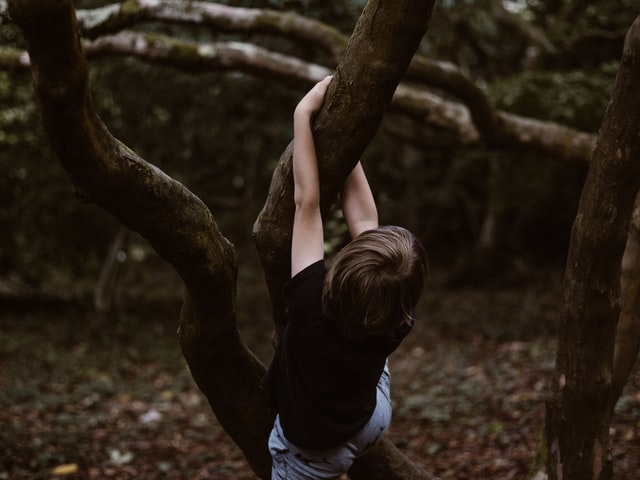
Photo Credit: Unsplash
Babies are very playful; this is a no-brainer. They tend to push and move anything within their proximity.
At five-six months, your baby may roll over and fall off the bed or couch if you’re not careful. At the crawling stage, babies can rarely sense when they are on a high surface or when they’re about to fall.
With that said, always put your child in a safe place and pay close attention to what they do. Toddlers often move very fast; in the twinkle of an eye, they could fall off the changing table or chair.
- Install gates on stairways and close doors to prevent your baby from roaming everywhere.
- Objects might also fall on your baby and injure them; fasten the television stands and bookcases among other furniture to prevent them from moving easily.
- Fasten the carpet on the stairways and all the rugs on every level of your home to protect your baby who’s just learned to walk from falling.
5. Car Accidents
As mentioned earlier, children will often wiggle against things, even when they are in the car.
Did you know that many children die from car injuries?
Car safety seats are the answer to this problem. Babies are more likely to behave better when fastened in a car seat, which also makes it easier for you to concentrate on your driving and keep the first aid kit at all times handy.
When driving with infants, make certain that they are well secured in a rear-facing back seat. You’ll also want to ensure that you’ve installed and you’re using the car safety seat properly by first reading the respective manual carefully.
Other Tips to Keep Your Home and Baby Safe
- Make sure that your child’s toys are nontoxic, soft, and without sharp edges or small removable parts. Also, wash your child’s toys frequently. The baby should only suck on or chew toys that are specifically made for their mouths.
- Place a fire extinguisher in an accessible area of your house.
- Install smoke detectors in all the levels of your home. Be certain to check the smoke detector batteries and replace them according to the manufacturer’s recommendation.
- Install emergency doors and windows to help you and your kids exit your home in the event of a fire outbreak.
- Never leave your baby with a pet however kind or friendly the latter might be. Pets also have brains and they know that kids don’t have any moral authority over them. Your pet might bite your child, hit them, or even lead them outside or to dangerous areas of your home, such as the kitchen.
- Wash your hands and those of your baby with soap and running water to keep germs and diseases at bay.
Conclusion:
Providing your baby with a safe environment is an integral part of parenting. Harm will rarely come to your baby by chance or bad luck; most injuries are as predictable as they’re preventable.
As a parent or carer, you have a huge responsibility to prevent accidents from befalling your baby. From ensuring that your baby only travels in a child-safety restraint to providing a safe sleeping environment for your child, you can protect your toddler from preventable injuries as discussed above.
If you think that your child is not behaving normally after an injury or you feel that the baby has been severely hurt, call your doctor immediately. But, of course, first aid will come in handy; it may play an integral role in keeping your baby safe and alive.
Infographic provided by Florida truck accident lawyers, Scott Marshall Injury Attorney
About The Author:
Sarah Miller is a creative and enthusiastic writer, she enjoys writing about improvements to home and surroundings which brings awareness to safety and well-being. She also loves traveling and plays badminton. Sarah graduated from the University of Toronto where she studied political science.

